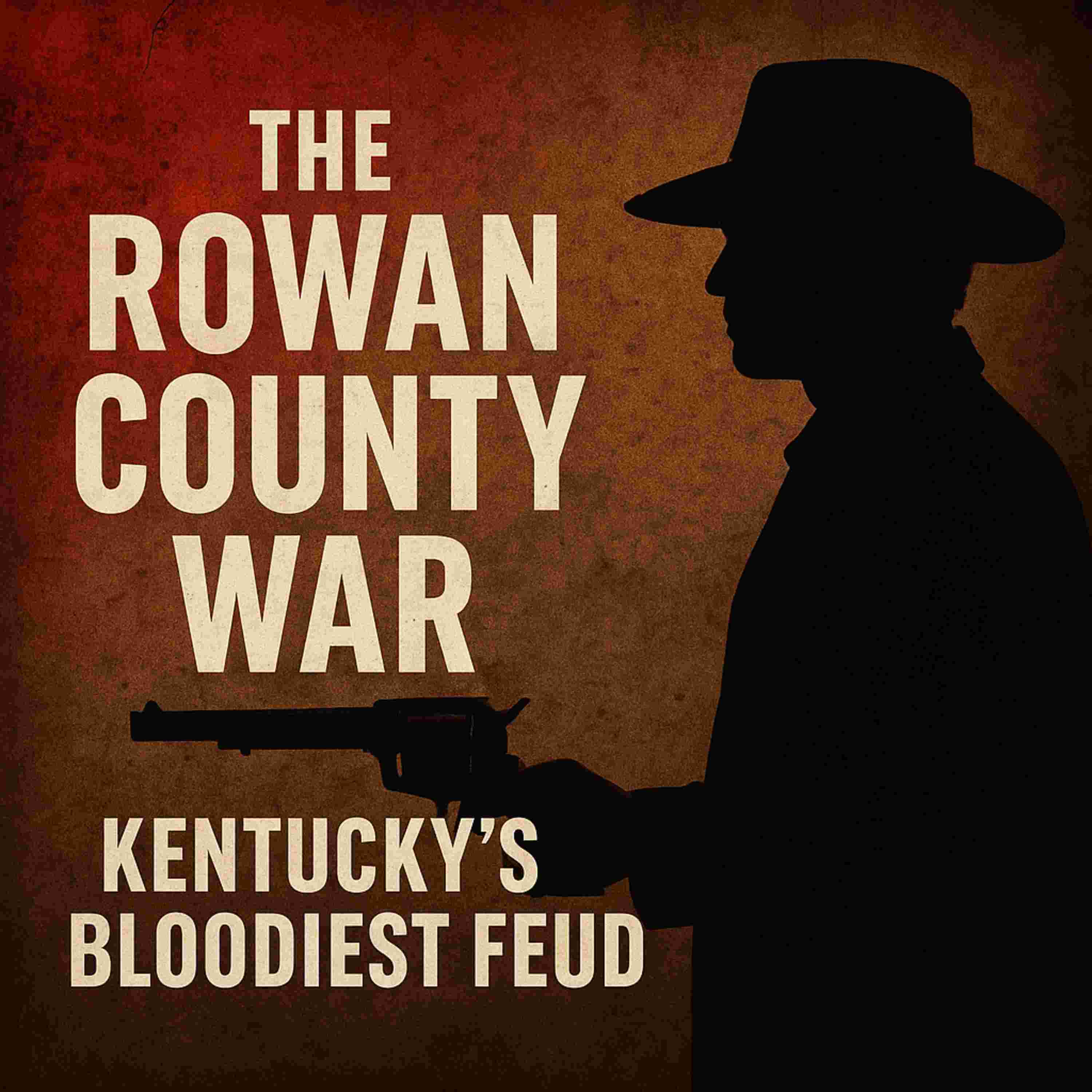

Kentucky has seen violence, but nothing like what hit Rowan County in the 1880s.
This wasn’t a feud — it was a war.
In this episode, we uncover the brutal story of The Rowan County War, a three-year bloodbath that turned the quiet town of Morehead into a battlefield. What began as a political dispute exploded into public executions, ambushes, burned homes, and open-street shootouts, all led by the ruthless Craig Tolliver and his armed clan.
You’ll hear how a single Election Day killing lit the fuse… how Sheriff James Hogg’s daylight murder pushed the governor to deploy the Kentucky State Guard… and how the final, violent siege at the American Hotel ended one of the deadliest family conflicts in Kentucky history.
This is a story of power, revenge, and a town held hostage by fear.
This is Kentucky’s bloodiest feud.
This is Deadly Truths.
Follow, Rate & Share
If this episode pulled you in, do one quick thing to support the show:
Follow, rate, and share Deadly Truths on:
Spotify
Apple Podcasts
YouTube
Amazon Music
Your support keeps these forgotten American stories alive — and helps new listeners find the show.
Resources & References
Primary Historical Sources
The Kentucky State Guard Reports, 1885–1888
Rowan County Courthouse Documents & Inquest Records
Official Correspondence of Governor J. Proctor Knott
Contemporary newspaper coverage:
The Louisville Courier-Journal
The Lexington Herald
The Cincinnati Enquirer
Eyewitness accounts preserved in the Kentucky Historical Society Archives
Secondary Sources / Research
Collins, Lewis. History of Kentucky, Vol. II.
Caudill, Harry. Night Comes to the Cumberlands.
Brown, H.C. The Rowan County War.
Kentucky Humanities: “The Tolliver-Martin Feud”
Morehead State University Special Collections on the Rowan County Feud
Disclaimer
This episode of Deadly Truths is for educational, historical, and documentary purposes only.
All events are presented based on recorded history, archival research, and publicly available documents.
Descriptions of violence and historical events are not intended to sensationalize but to accurately portray the brutality of the era.
All opinions expressed are my own.